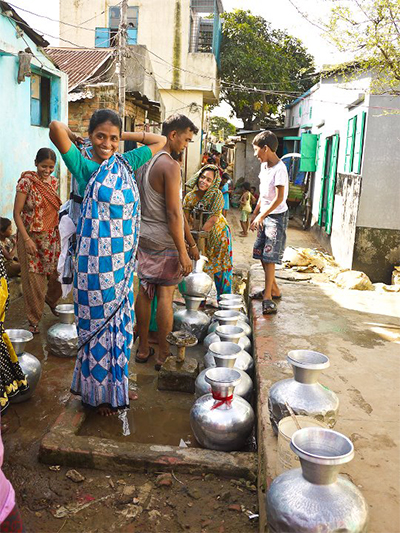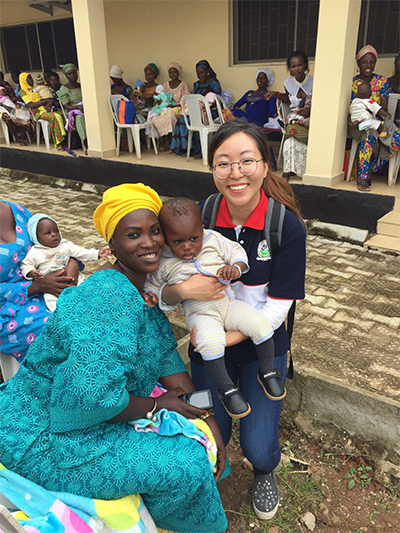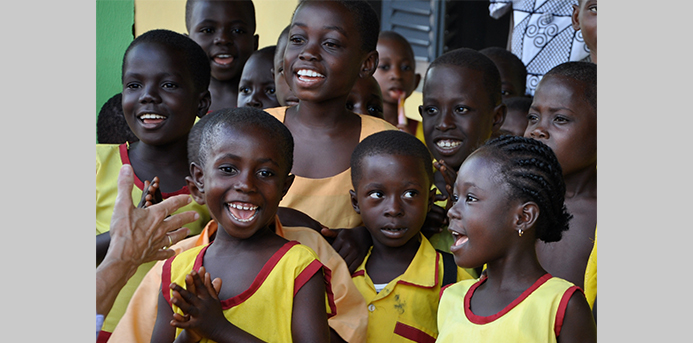In the 20th century, spectacular advances in medicine — from lifesaving vaccines to cures for deadly diseases — ushered in a golden age in public health. Yet, in the 21st century, new public health challenges have emerged. With increased globalization, air travel carries once isolated diseases in a matter of hours. Chronic, non-communicable — and often preventable — diseases such as diabetes and cancer are now responsible for more than half of all deaths worldwide. There are also heartbreaking health disparities that must be addressed. Infant mortality rates are 15 times higher in parts of Africa and Asia than in high-income countries, while the average life expectancy in Chicago varies from 65 years in the city’s poorest neighborhoods to 85 years in its more affluent communities.

Because poor health in any population affects us all — destabilizing economics, disrupting trade, diminishing productivity, depleting our resources, and causing untold human suffering — the global health crisis is a call to action that can’t be ignored. The University of Chicago Center for Global Health is answering this call by drawing on the University’s strengths and resources in fields as diverse as medicine, computation, life sciences, social sciences, and public policy. By serving as a hub for interdisciplinary inquiry, the Center for Global Health is fostering innovation, facilitating groundbreaking research, and advancing the effort to promote and protect health in our community, our country, and around the world.

Today, the University of Chicago Center for Global Health is expanding opportunities for global health education, research, and clinical service; using genomics to reveal the underlying causes of disease and health disparities; translating basic scientific discoveries into innovative treatments; implementing interventions to reduce household air pollution to improve the health of mothers and children; and forging alliances within the University and around the world to strengthen health systems and increase access to quality care.
“We must marshal all of our resources to alleviate health-related human suffering, whether this suffering is caused by a catastrophic earthquake, a deadly epidemic, or a chronic disease,” says Olufunmilayo Olopade, MD, FACP, Director of Center for Global Health, Associate Dean for Global Health, and Walter L. Palmer Distinguished Service Professor of Medicine and Human Genetics. “By leveraging the University of Chicago’s strengths in medicine, public policy, economics, computation, life science, social science, and other disciplines, we have the potential to save untold lives, reduce health disparities, and influence health practices in Chicago’s communities and in distant parts of the globe. The time to act is now.”

